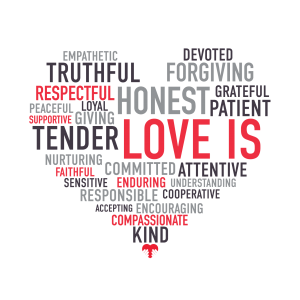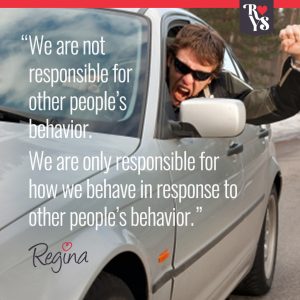One time my uncle’s car broke down on a sparsely populated stretch of two-lane highway. This happened long before cell phones, and he was stuck in the middle of nowhere. He had to depend on the off chance that someone would happen along.
After a while he heard a soft buzzing that sounded like a swarm of bees heading in his direction. As the noise grew louder, he watched the horizon. Soon a group of motorcycle riders crested the hill.
Even though my uncle had not personally encountered bikers before, he was terrified at the sight of them. He had formed a critical conclusion of motorcycle riders from others’ opinions and harbored a preconceived idea that they were all dangerous. He feared they would rob and possibly harm him. With nowhere to hide, he felt completely helpless as he watched them approach.
I’ve known several tattooed biker guys with scraggly beards, do-rags, and wallets on chains, and I realize how they might seem ominous. Yet, I know from experience that we cannot accurately measure the true character of any person or group of people based on a stereotype.
Most of the motorcycle group waved as they passed by my uncle. Two riders stopped and politely asked if they could be of help. They discovered the problem and repaired it, and soon my uncle was back on the road with a new perspective on people who ride motorcycles.
Evaluation is the process of determining the true value of something based on evidence and reasoning. Heart evaluation works the same way. It involves investing time to gauge ourselves, the situation, and others from many different angles, with the goal of determining the truth for ourselves.
My uncle made a critical assessment, an ego judgment, based on little or no evidence. This isn’t uncommon. Such opinions are often formed about those whose religion, ethnicity, political beliefs, or socioeconomic status is different from our own.
But remember that opinion is not fact. Opinion is: (1) a belief or judgment that rests on grounds insufficient to produce complete certainty, and (2) a personal view, attitude, or appraisal.
For instance, I am a positive person; but this does not mean my head is buried in the sand. It would be easy for me to develop a negative opinion of life if I based it only on news reports or the editorial commentary to which I am exposed. The reality is there are countless media sources that think nothing of altering images or even staging photos or making things up for impact. Even responsible media deliver news of depressing events right into our homes. Media bombard us with tragedy and the worst of human behavior. If we allow ourselves to latch on to the pessimistic representations of what is wrong with the world, then we would feel as if we were hopelessly surrounded by negative people and irreversible situations. We would automatically look at others with a judgmental eye.





